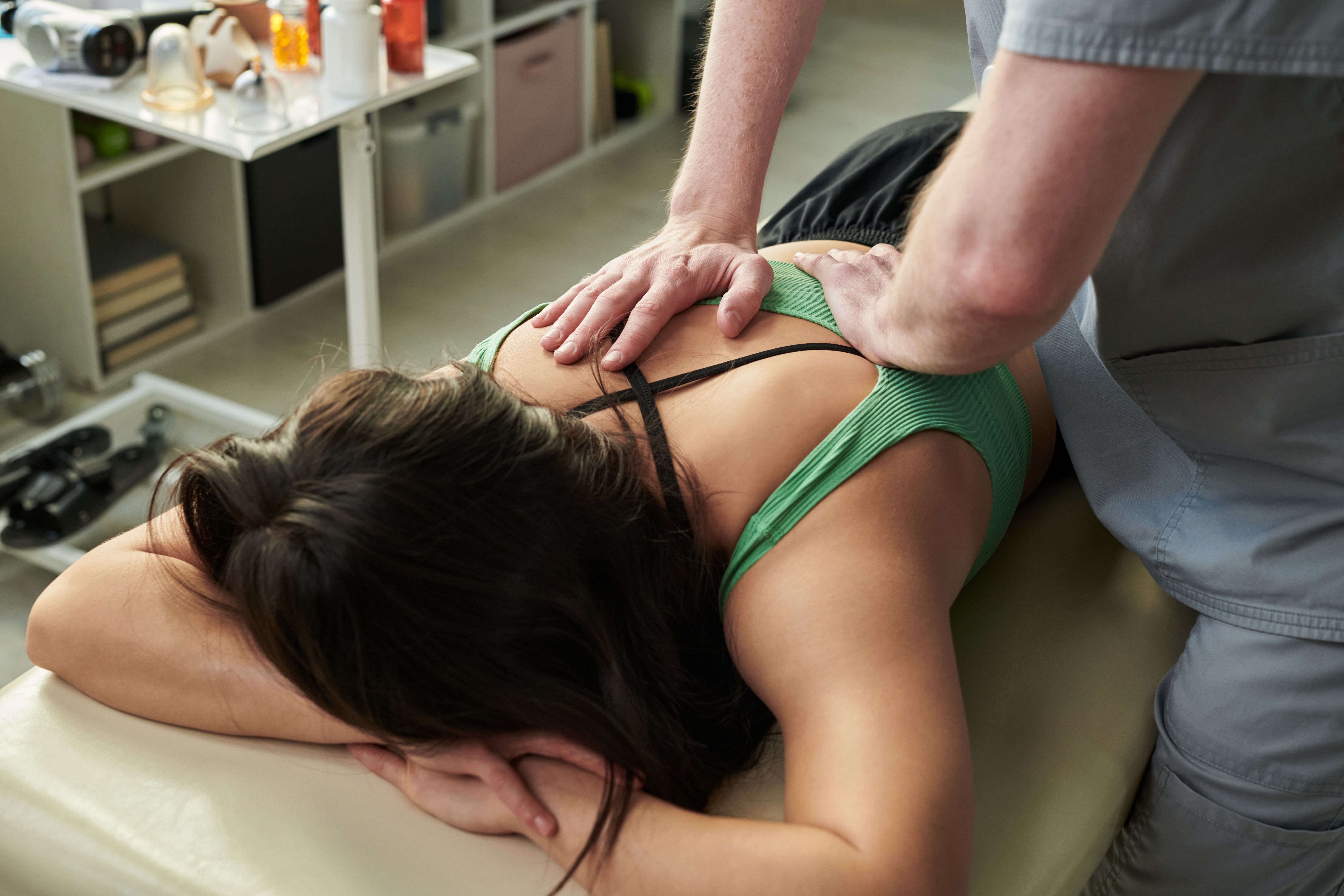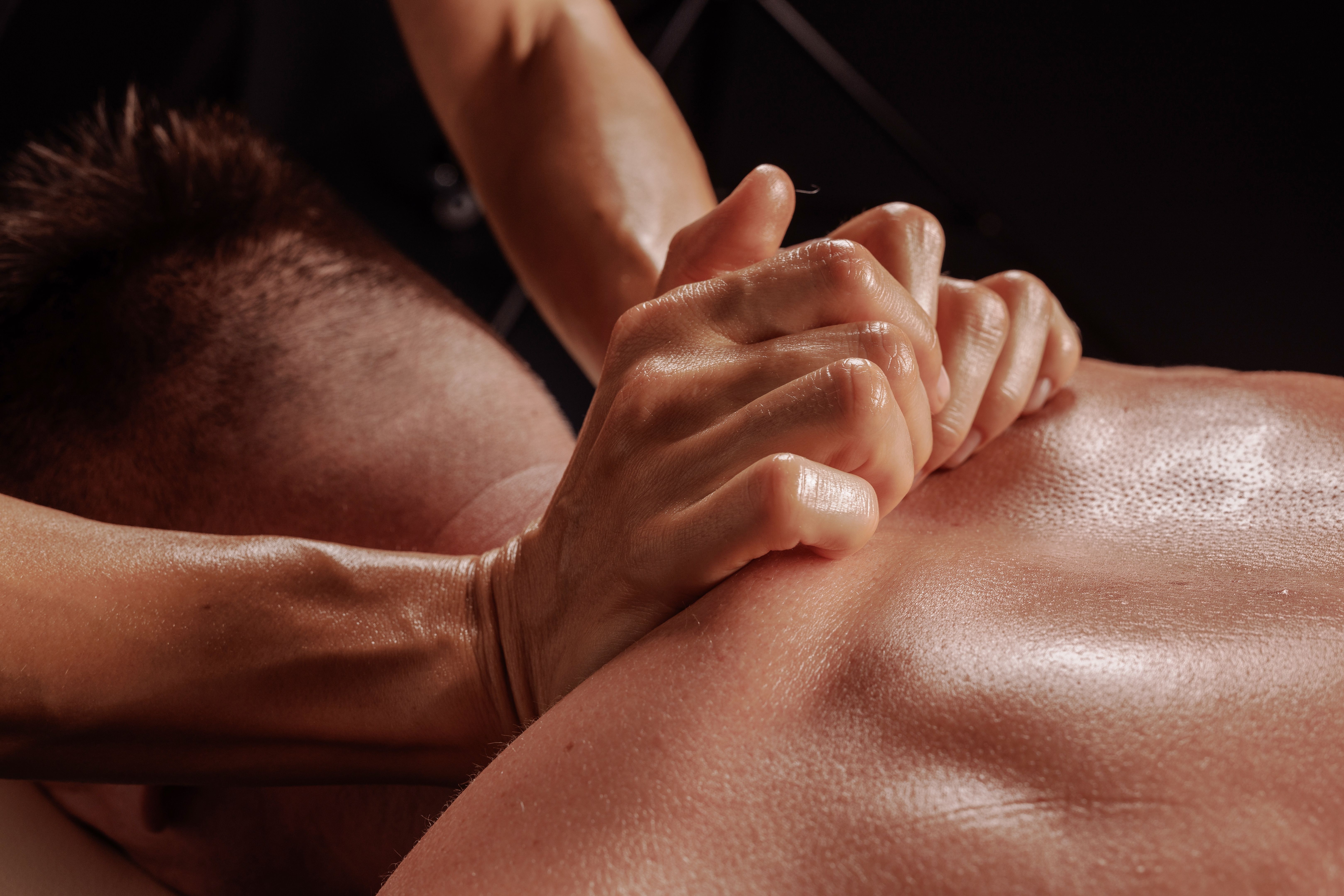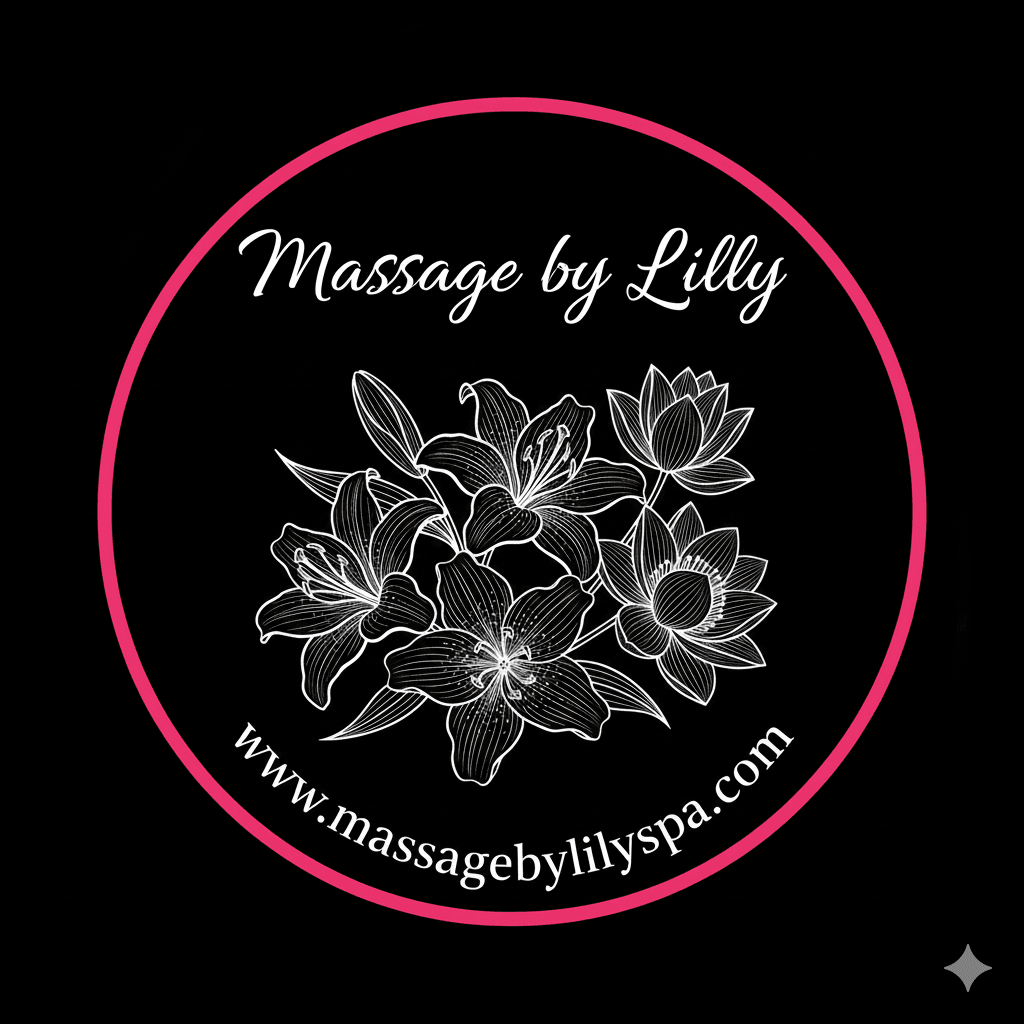The Importance of Massage for Women's Shoulder and Back Stress
Understanding the Impact of Stress on Women
In today’s fast-paced world, stress has become a common part of life, especially for women juggling multiple roles. From professional responsibilities to personal commitments, the pressure can lead to significant tension in the shoulders and back. This physical manifestation of stress can result in discomfort and even chronic pain if not addressed properly.

Women often experience stress differently than men, which can lead to unique physical symptoms. The shoulders and back are particularly vulnerable areas due to poor posture, prolonged sitting, and insufficient relaxation time. Addressing these stress points is crucial for overall well-being.
The Benefits of Massage Therapy
Massage therapy is a powerful tool for alleviating stress and tension in the shoulders and back. It provides numerous benefits, both physically and mentally. Regular massage sessions can help reduce muscle tension, improve circulation, and promote relaxation.
Studies have shown that massage therapy can lower cortisol levels, the hormone associated with stress. By reducing cortisol and increasing serotonin and dopamine, massage helps improve mood and enhance feelings of relaxation and well-being.

Types of Massage for Shoulder and Back Stress
There are several types of massage techniques that are particularly effective for relieving stress in the shoulders and back:
- Swedish Massage: Known for its gentle and relaxing techniques, Swedish massage is perfect for relieving tension and promoting relaxation.
- Deep Tissue Massage: This technique targets deeper layers of muscle and connective tissue, making it ideal for chronic pain and tension.
- Trigger Point Therapy: Focuses on specific tight areas within the muscle tissue, providing targeted relief.

Incorporating Massage into Your Routine
Making massage a regular part of your wellness routine can significantly impact your stress levels and overall health. Consider setting aside time each month for a professional massage, or incorporate self-massage techniques at home to maintain muscle relaxation and reduce tension.
Additionally, establishing a routine that includes stretching exercises, yoga, or meditation can complement the effects of massage therapy. These practices help maintain flexibility, improve posture, and further reduce stress levels.
Conclusion
Massage therapy is more than just a luxury; it’s an essential part of managing stress and maintaining health, especially for women dealing with shoulder and back tension. By incorporating regular massage sessions into your routine, you can experience significant improvements in both physical comfort and mental well-being.
Investing time in self-care practices like massage not only alleviates stress but also enhances your quality of life, enabling you to tackle daily challenges with greater ease and resilience.
